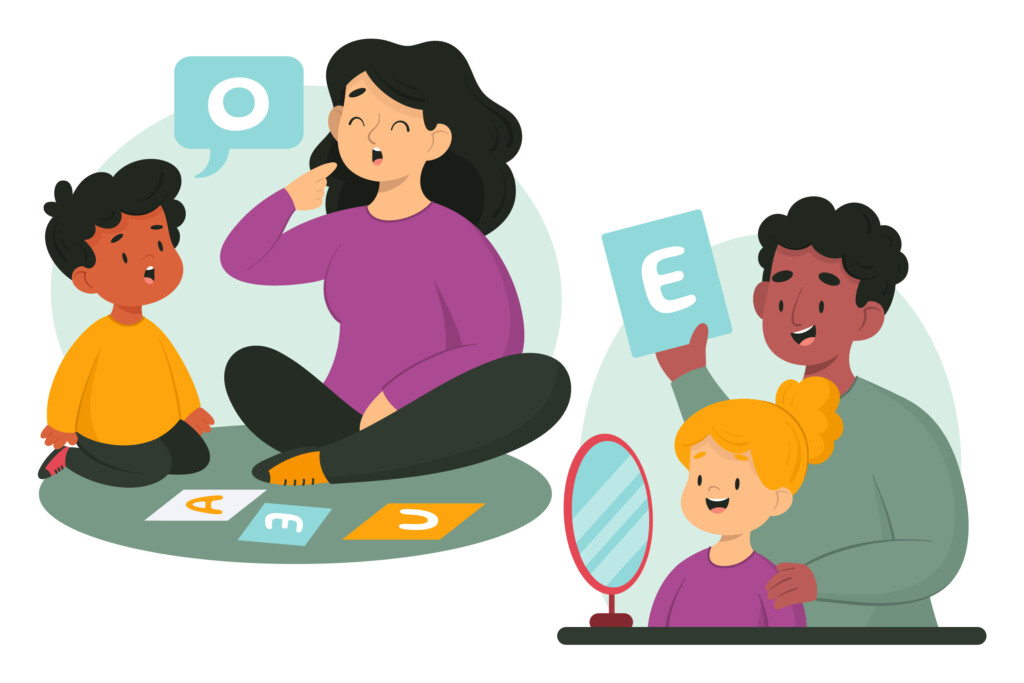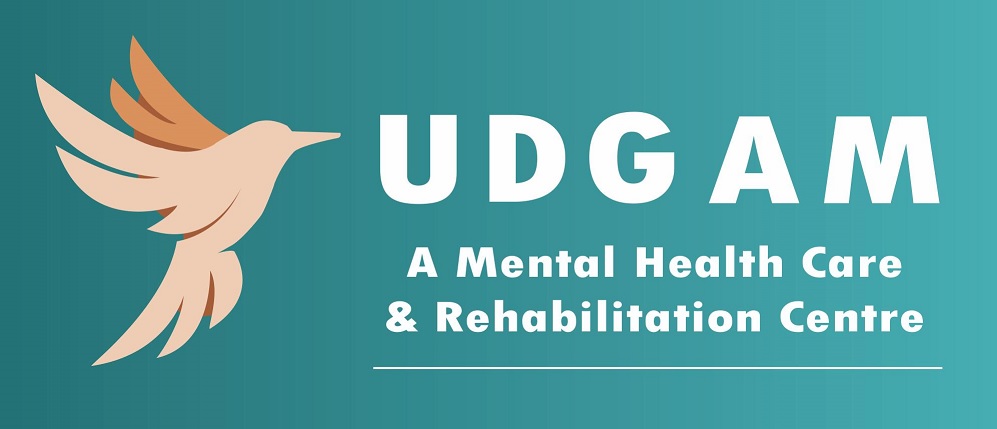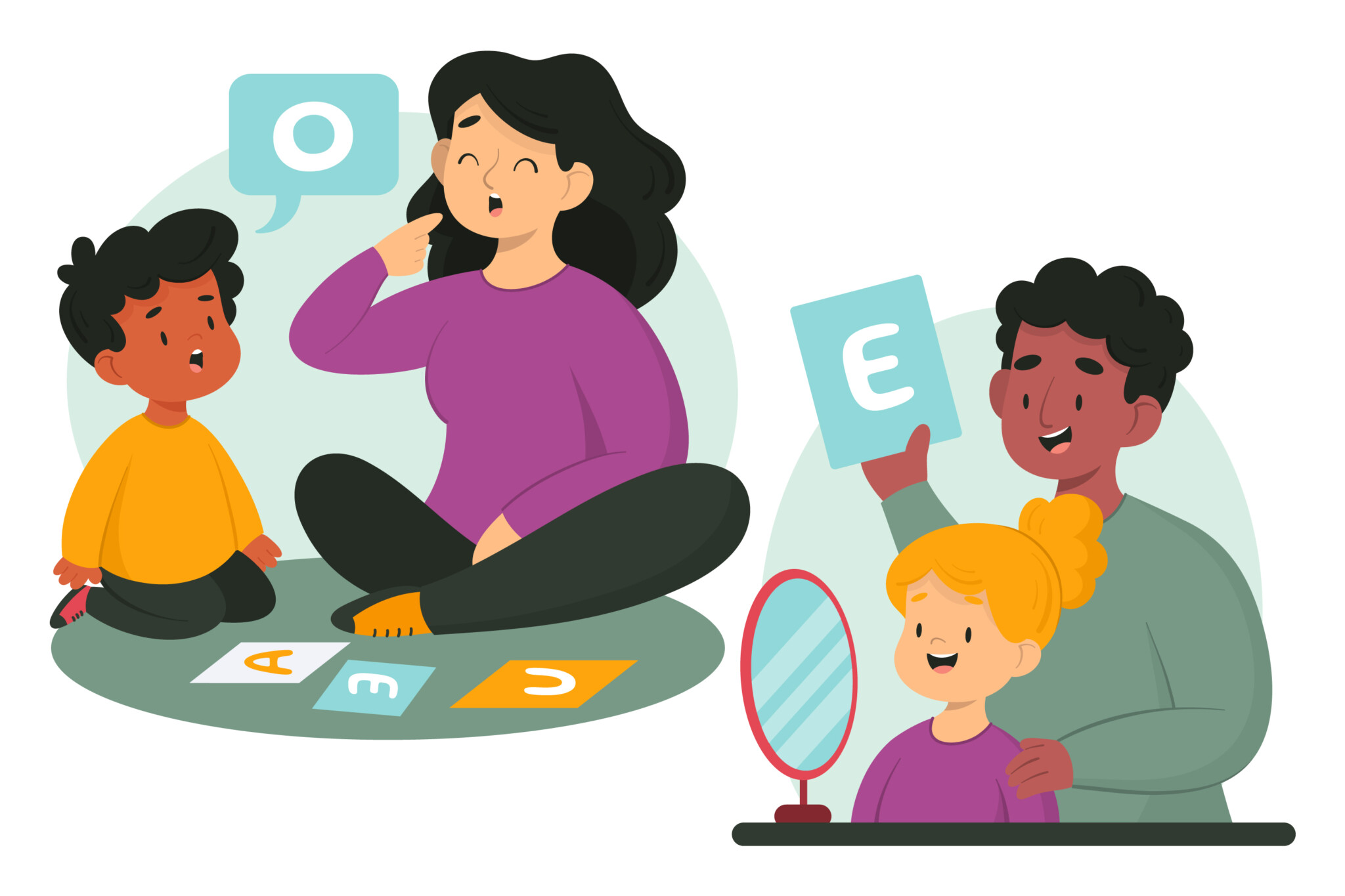How Can Speech Therapy Help My Child?
Speech therapy can be highly beneficial for children who have difficulties with speech and language development. Speech therapists, also known as speech-language pathologists (SLPs), are trained professionals who can provide specialized support and intervention to help children overcome various communication challenges. Here are some ways in which speech therapy can help your child:
1. Improving Speech Articulation: If your child has difficulty pronouncing sounds or words correctly, speech therapy can help them learn how to articulate these sounds more clearly. SLPs use various exercises and techniques to target specific speech sound errors.
2. Expanding Vocabulary: Speech therapy can help children build their vocabulary by teaching them new words and helping them understand how to use them in context. This can improve their ability to express themselves effectively.
3. Enhancing Language Skills: Children with language disorders may struggle with understanding and using language appropriately. Speech therapy can work on comprehension, grammar, and sentence structure to improve overall language skills.
4. Stuttering and Fluency: Speech therapists can assist children who stutter or have fluency issues by teaching them techniques to speak more smoothly and confidently. These techniques may include breathing exercises and strategies to reduce anxiety.
5. Social Communication Skills: Speech therapy can help children develop essential social communication skills, such as taking turns in conversations, making eye contact, and understanding nonverbal cues like body language and facial expressions.
6. Reading and Writing Support: SLPs can work on pre-literacy and literacy skills to help children with reading and writing difficulties. This includes phonological awareness, letter-sound associations, and comprehension strategies.
7. Alternative Communication: For children with severe speech and language disorders, speech therapy can introduce alternative communication methods, such as sign language or the use of communication devices like augmentative and alternative communication (AAC) devices.
8. Voice Disorders: If your child has a voice disorder (e.g., hoarseness or pitch problems), speech therapy can help them improve their vocal quality and develop healthy vocal habits.

9. Feeding and Swallowing Issues: Some children may have difficulty with feeding or swallowing, which can be addressed by a speech therapist through techniques and exercises to improve these functions.
10. Individualized Treatment Plans: Speech therapists create individualized treatment plans tailored to each child's specific needs, strengths, and challenges. They work closely with the child and their family to set goals and monitor progress.
11. Parent and Caregiver Education: Speech therapists often provide guidance and strategies to parents and caregivers to support their child's communication development at home. This empowers families to reinforce therapy goals outside of therapy sessions.
It's important to note that the effectiveness of speech therapy depends on various factors, including the child's age, the severity of the communication disorder, and consistent participation in therapy. Early intervention is often key to achieving the best outcomes. If you have concerns about your child's speech and language development, consult with a speech therapist or a pediatrician to determine whether speech therapy is appropriate and how it can benefit your child. to know more about Speech therapy follow our website/blog:




